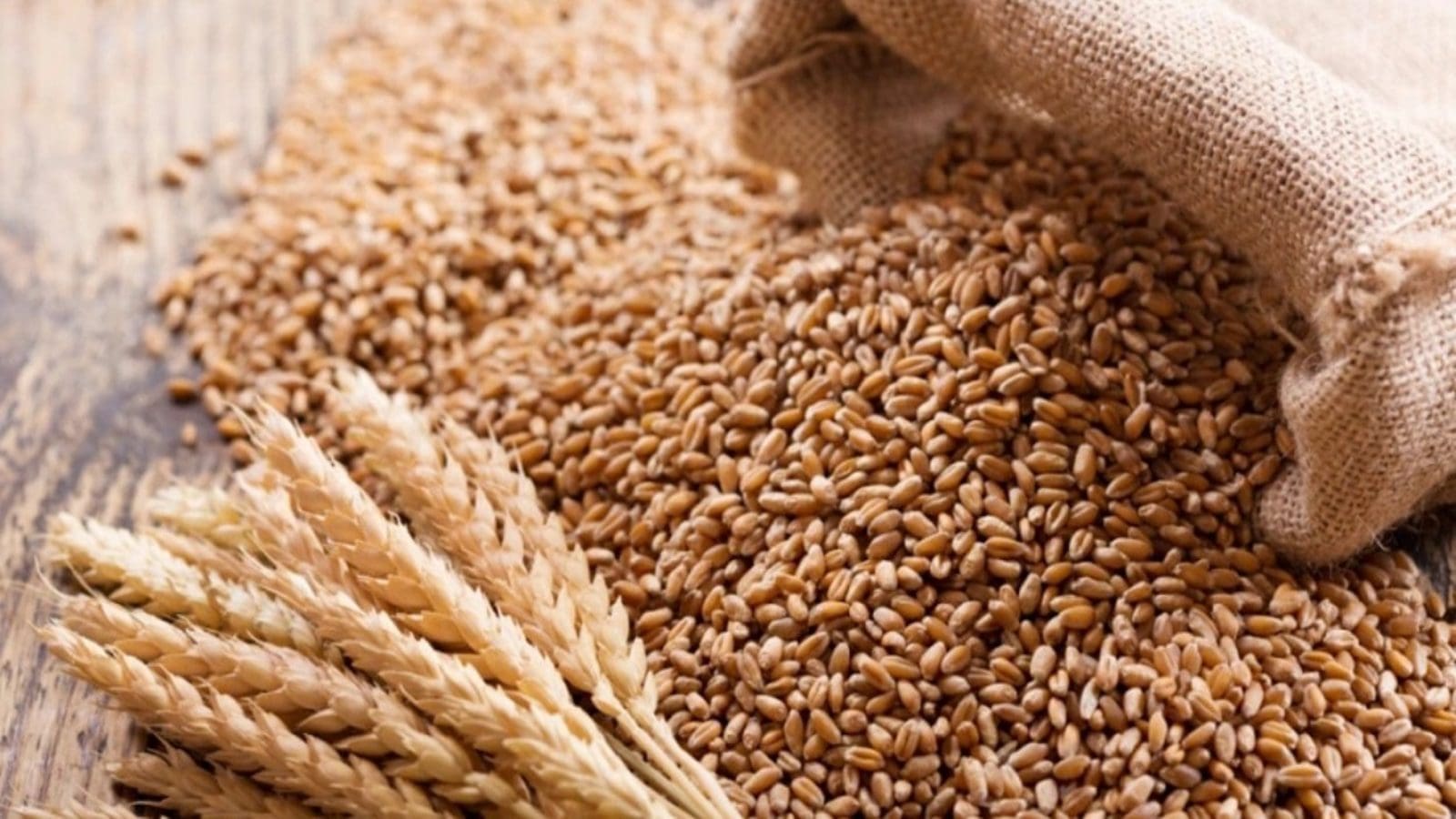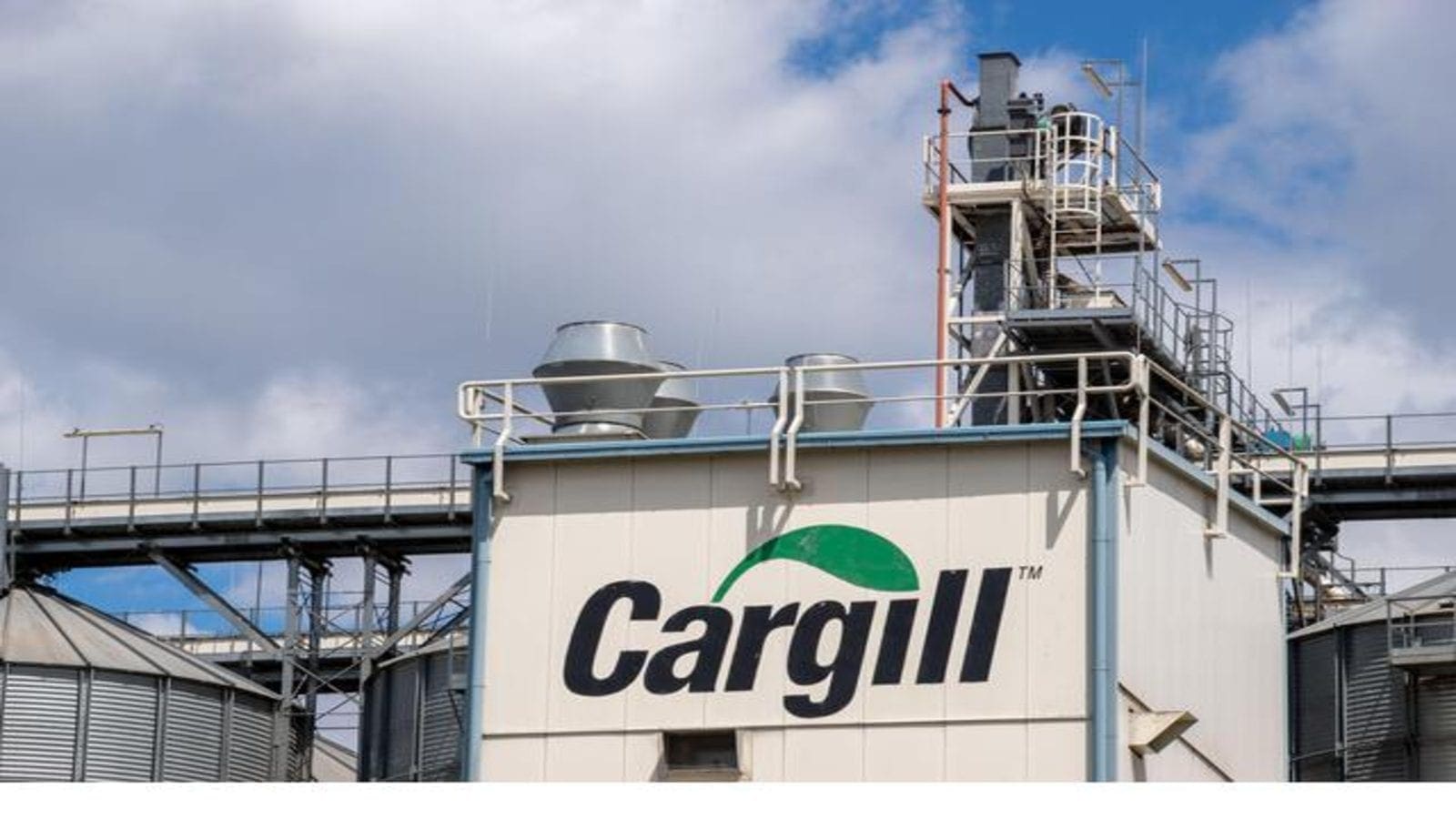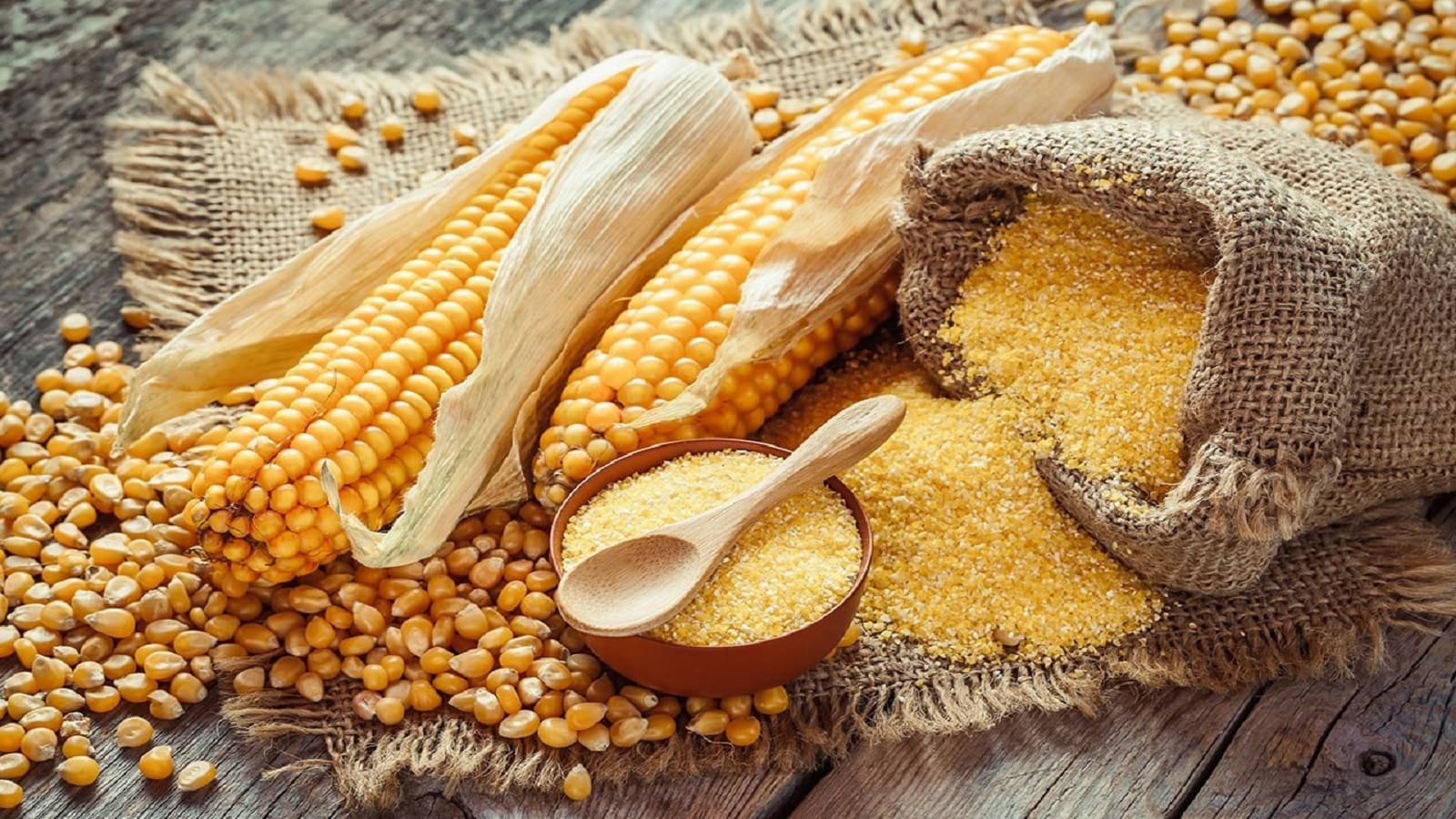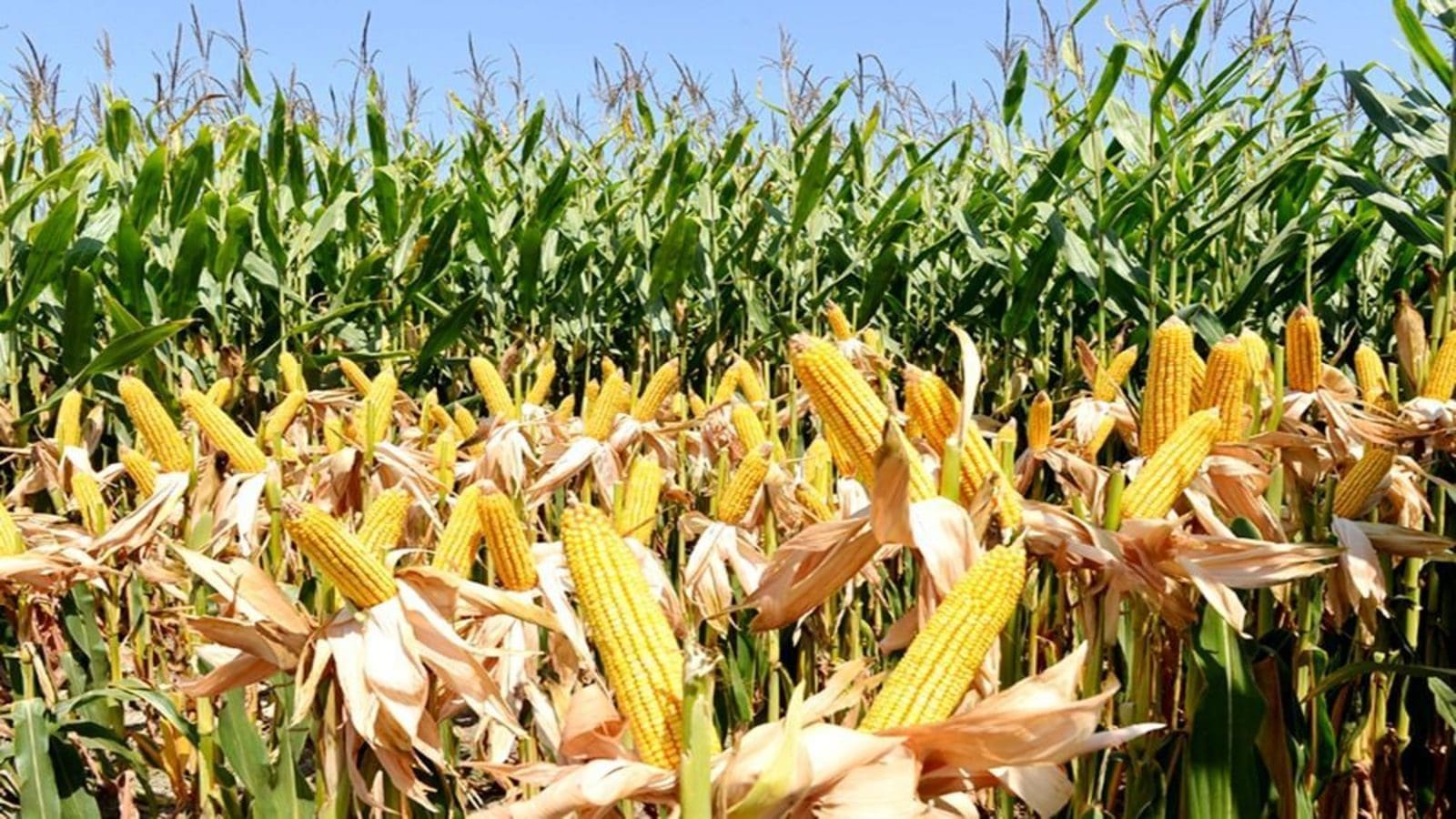SUDAN – DAL Group, the largest wheat importer in Sudan has secured US$50 million from British International Investment to fund its plans to import 280, 000 tonnes of wheat to meet local demand.
BII, a UK development finance institution, is channeling the funds to Invictus Trading which is a key partner handling the import activity for the DAL Group.
According to the agreement, DAL will use the investment to supply staple food during times of uncertain global markets, supply chain disruptions, and climate uncertainty.
Osama Daoud Abdellatif, the chairman of DAL Group said that the investment is crucial to supporting a sustainable food supply.
The aid comes at a time when the Humanitarian Response Plan for 2023 estimates that up to a third of the Sudanese population (approximately 11.7 million people) will be food insecure in 2023.
With the funding, the group will be able to import wheat and boost the supply of flour to thousands of bakeries, retail outlets, and businesses, ensuring a consistent flow of staple food products for millions of Sudanese.
Osama said that the investment by BII reiterates DAL Group’s decades-long work in advancing the agenda of food safety for the people of Sudan to create a real and lasting positive impact in the communities we operate in.
Egypt buys 240, 000 tons of Russian wheat
Meanwhile, in Egypt, the World Bank has funded Egypt’s General Authority for Supply Commodities (GASC) to import 240,000 tonnes of Russian wheat according to the Ministry of Supply and Internal Trade announcement.
The wheat, which is part of GASC’s strategy to enhance its stock of basic commodities is expected to arrive in Egypt between the 1st and 5th of April, the authority added, noting that the price was made at US$317.50 per ton, including cost and freight.
Early in February, Egypt’s Ministry of Supply and Internal Trade committed to purchase 535,000 tons of Russian wheat with funds from the World Bank.
Recently, the Safaga Port received a ‘PAREA’ ship carrying 63,000 tons of Russian wheat to meet the local wheat demand.
Egypt ranks as the world’s top wheat importer with an annual intake of around 12.5 million tonnes with Russia and Ukraine contributing to 80% of the total wheat imports.
However, the current Russia-Ukraine war has forced Egypt to find new sources of wheat imports to offset its shortage following the ongoing conflict between the two major exporters.
For all the latest food industry news from Africa and the World, subscribe to our NEWSLETTER, follow us on Twitter and LinkedIn, like us on Facebook and subscribe to our YouTube channel










